Medical & Pregnancy Ultrasound Scans
Dublin: Blackrock, Santry, Tallaght
Since 2007, Ultrasound Ireland (Ultrafhuaim Éireann) has supported 100,000+ patients and referring GPs with expert ultrasound care, from general and pregnancy scans to 3D/4D and IVF ultrasound scans.
- Flexible appointments – evenings & weekends available
- Fast turnaround – Radiologist report within 72 hours
- Experienced team – Qualified Sonographers and Irish board-certified Radiologists
or ring 01 210 0232


Our Services
We provide comprehensive diagnostic ultrasound imaging across three accessible Dublin locations for public patients, private patients, and referring GPs.
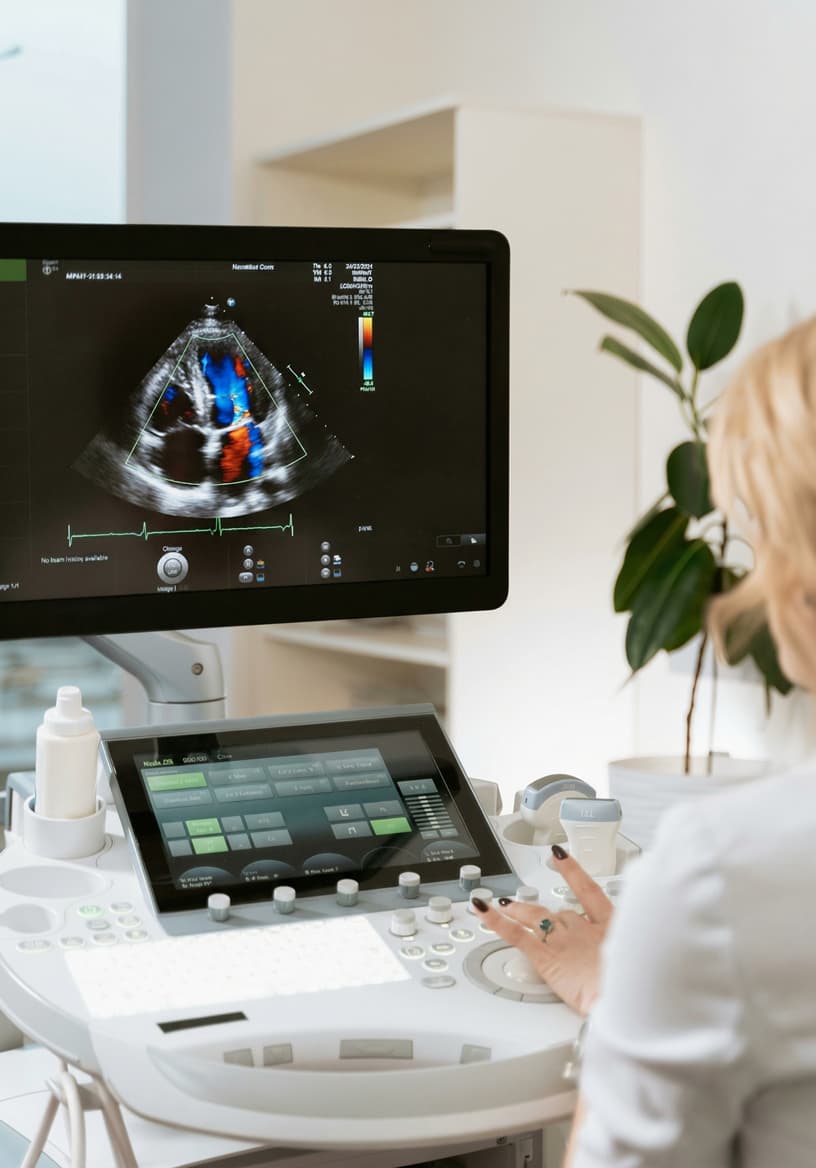
Medical Scans
Avoid long waiting lists. We offer a community-based diagnostic ultrasound service that is affordable, convenient and consultant reported.
Read more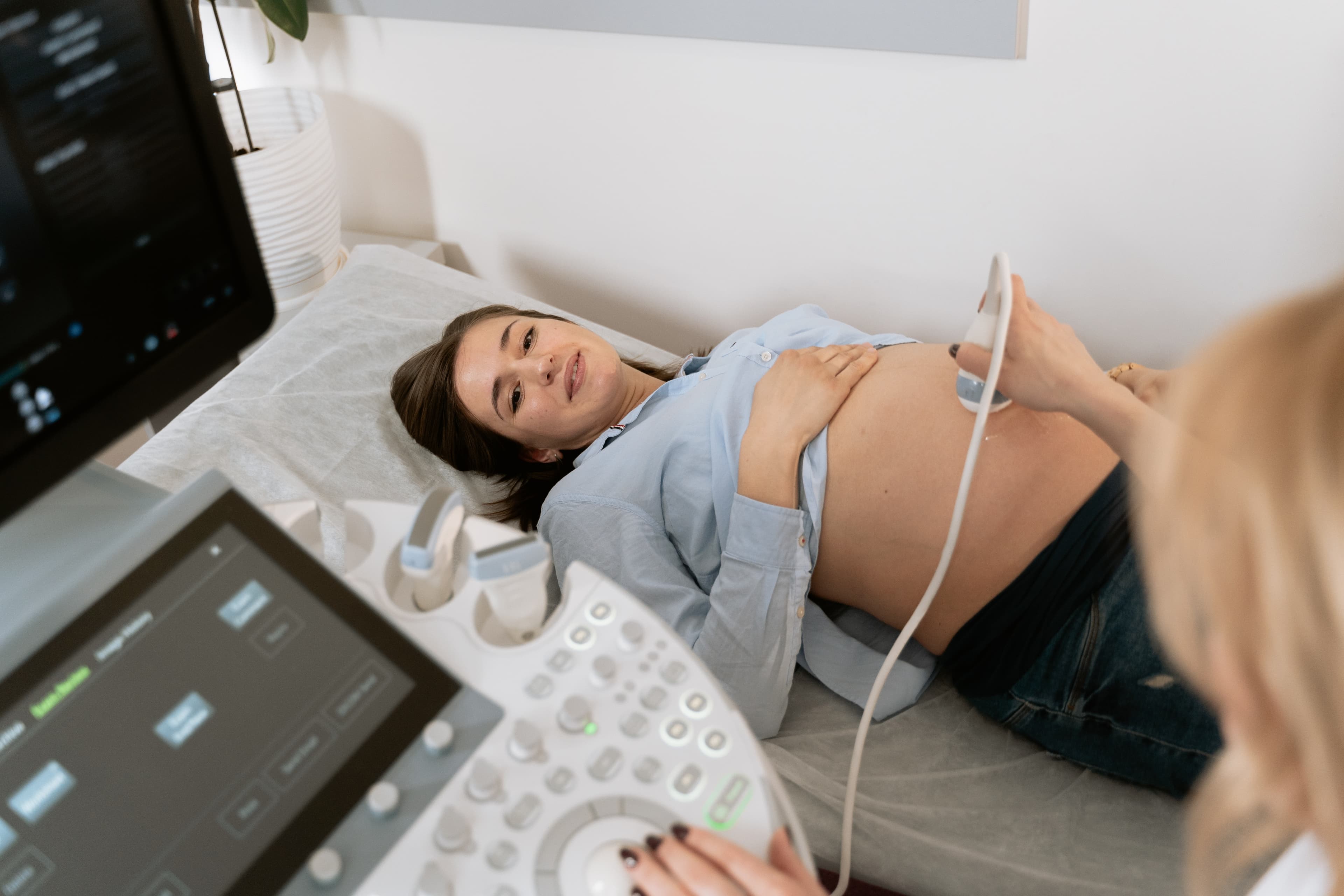
Pregnancy Scans
Pregnancy can be an exciting but also worrying time. We help bridge the gap between hospital visits, offering a calm setting to see your baby's developments.
Read more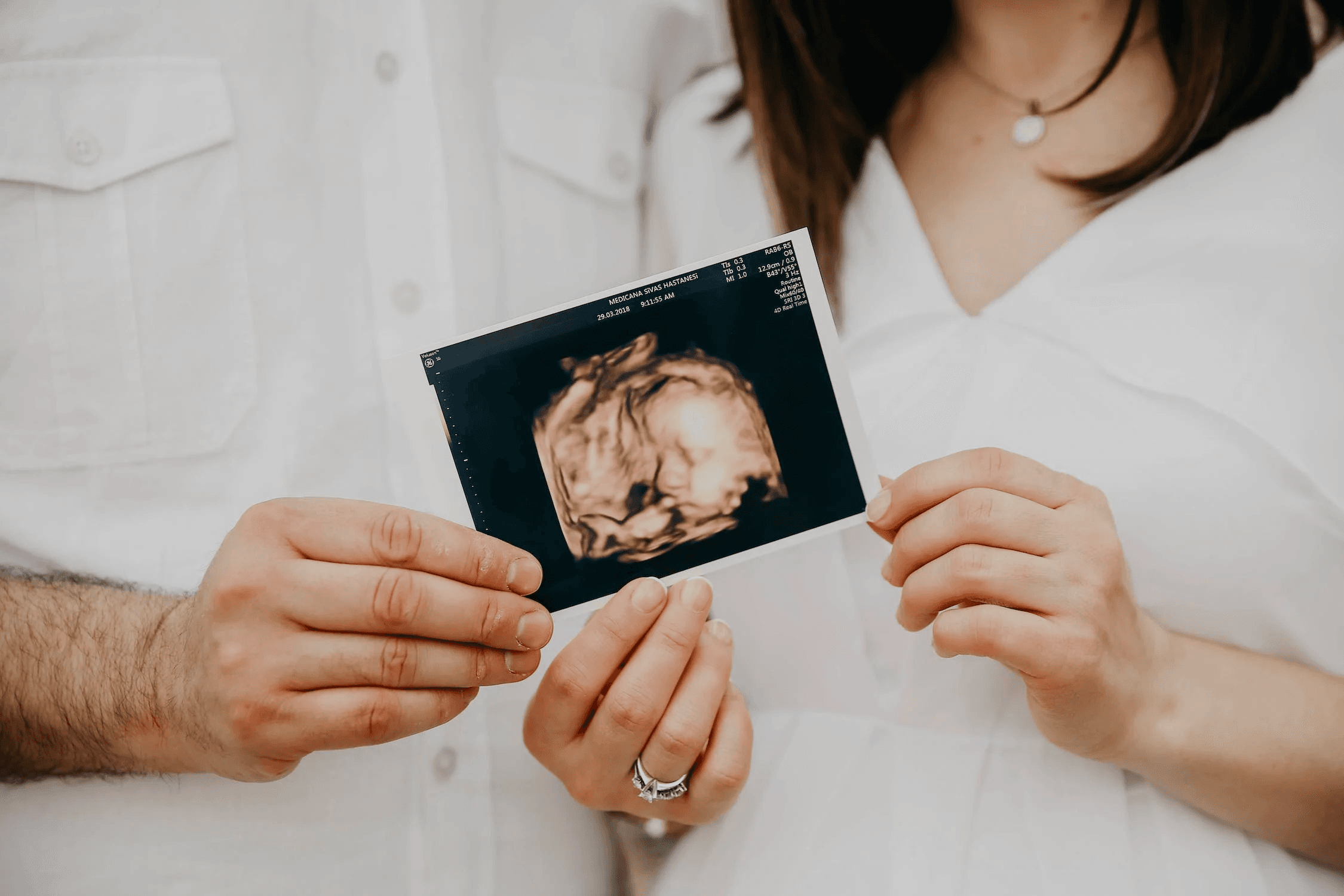
3D/4D Baby Scans
See your baby with our clear 3D baby scans! A bonding experience for expectant couples, families and friends!
Read more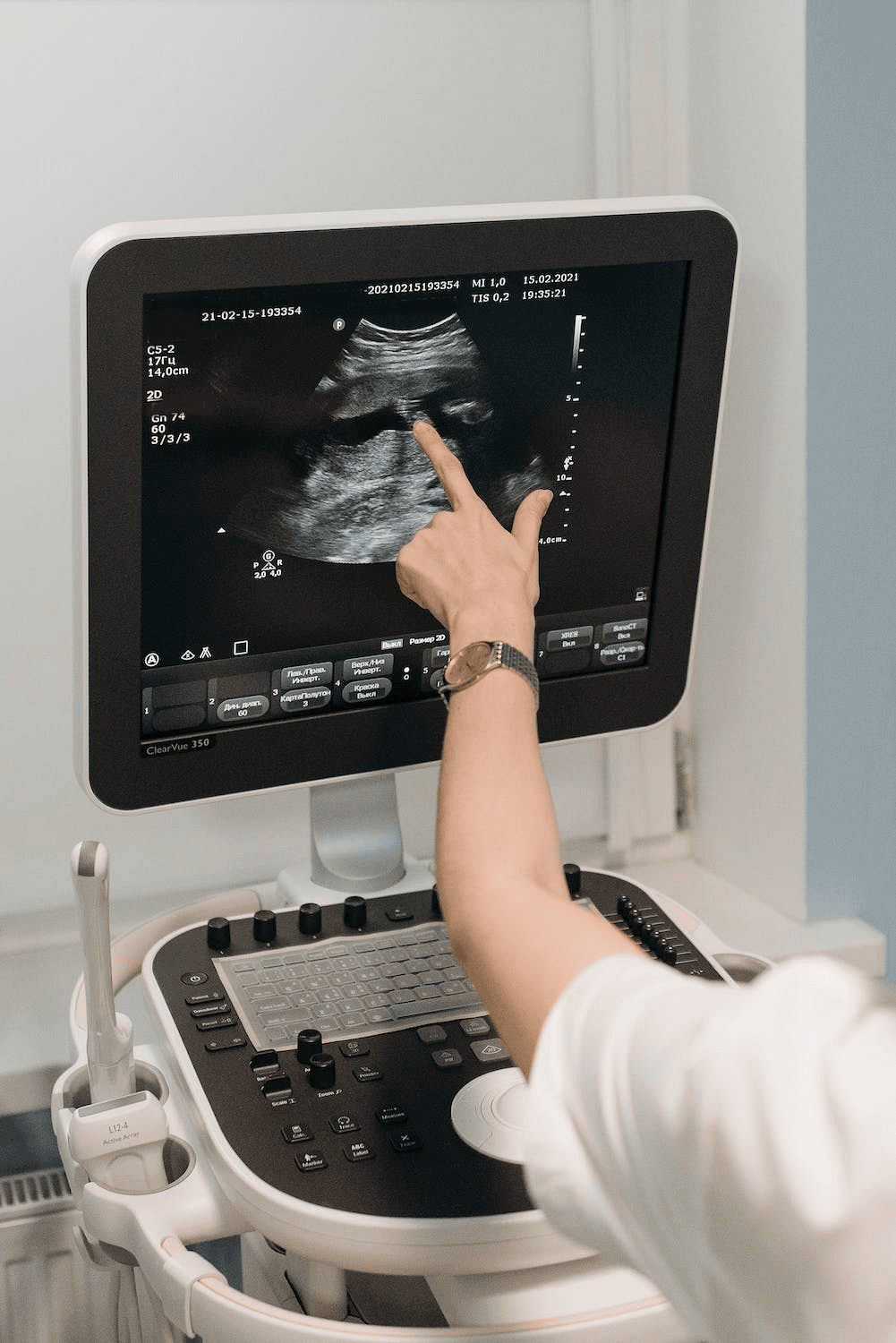
IVF Fertility Scans
We support women undergoing IVF treatment in Ireland and abroad with cost-effective, flexible scans tailored to your treatment program.
Read moreSince 2007, Ultrasound Ireland has been trusted by over 100,000 patients and referring GPs.

Private Pregnancy Scans Dublin
Pregnancy is exciting, and it's normal to have questions along the way. Ultrasound Ireland offers a full range of private pregnancy scans so you can check in on your baby's development in a calm, professional setting with an experienced clinical team.
- Early Pregnancy Scan 6.5–11 weeks
- Later Dating Scan 11.1 to 13.6 weeks
- Second Trimester Growth Scan 14 to 27 weeks
- Nuchal Translucency Scan 11–14 Weeks
- Gender Assessment Scan 18–40 Weeks
- Third Trimester Growth Scan 28+ Weeks
- 3D/4D Bonding Baby Scan 28–36 weeks
Medical Ultrasound Scans Dublin
Access prompt diagnostic ultrasound appointments without the long waiting list. We welcome private and public patients, with scans performed by experienced Sonographers and reported by Irish board-certified Consultant Radiologists. Reports typically issued within 72 hours (often sooner).
Women's Health
- Pelvic Scan (Female)
- Gynaecological Scan
- Ovary / Ovarian Screening
- PCOS Assessment Scan
- Menopause Scan
Men's Health
- Pelvic / Prostate Scan (Male)
- Scrotal / Testes Scan
Vascular & Heart
- Echocardiogram (Heart Scan)
- Carotid Doppler Scan
- Varicose Vein Ultrasound
- Leg/Arm Arteries & Veins
- Aortic Aneurysm Scan
Abdominal & Organs
- Abdominal Scans
- Renal Tract / Kidney Scan
- Liver Ultrasound / FibroScan
- Thyroid / Neck
Muscles & Joints
- Musculoskeletal Ultrasound
- Lumps and Bumps Scan
Children
- Abdominal
- Renal
- Pelvic
- Lumps and Bumps
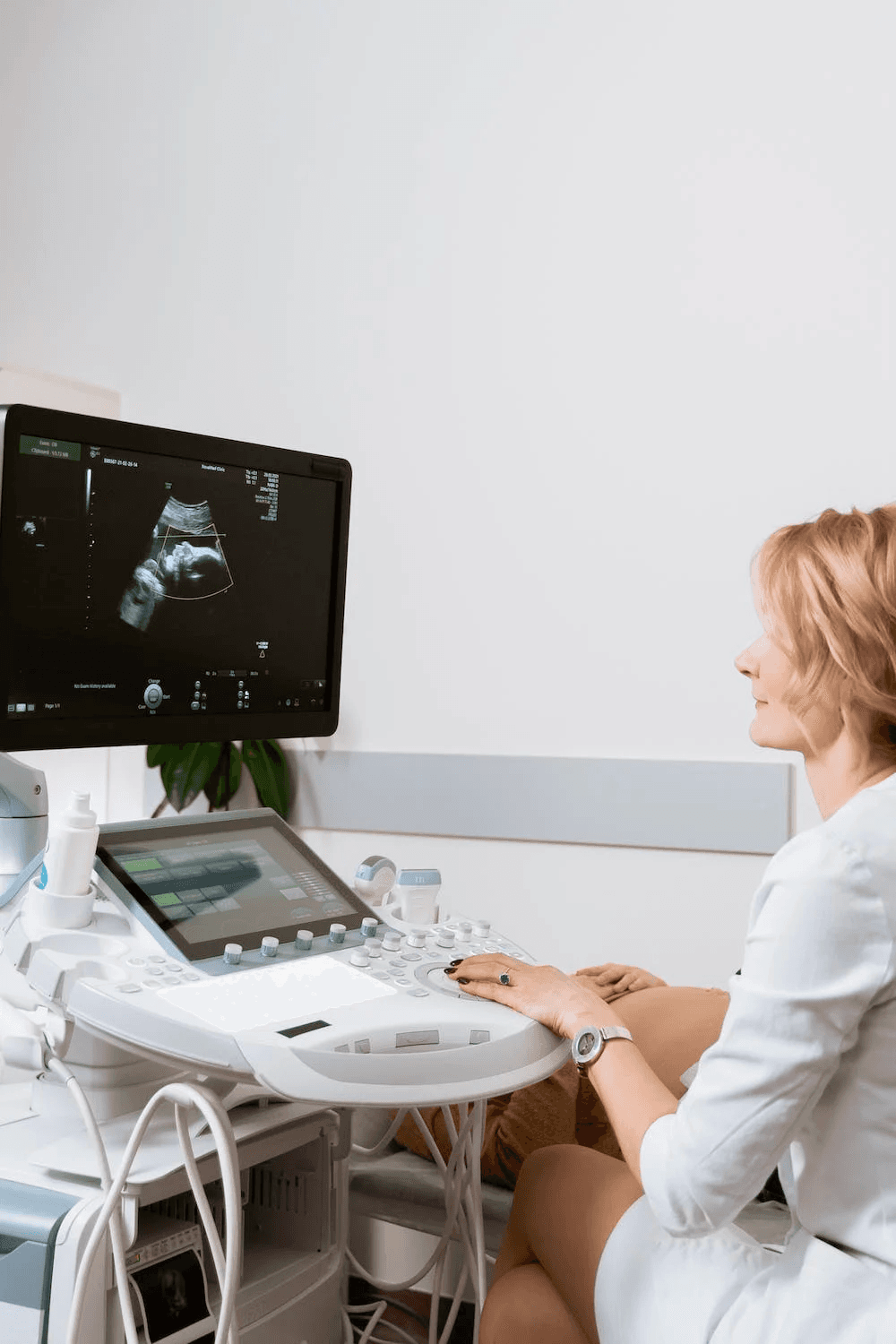

IVF Fertility Scans
If you are undergoing IVF fertility treatment here in Ireland or abroad we can help you receive the scans you need when you need them. We offer follicle tacking, endometrial thickness scans and ovulation scans. We offer flexible appointments to suit your schedule and treatment program.
- Follicle Tracking Scans
- Endometrial Thickness Scans
- Ovulation Scans
See what our patients & GPs are saying:
Mary Love Labios
in the last week
Very accommodating! Will surely be back! Special thanks to sonologist who check on me. She’s very accomodating.❤️
Lili Sha
in the last week
I went to the clinic in Santry and the sonographer Emma was super sweet and took her time to show the anatomy of the baby, my husband and I are absolutely delighted and will come again 🥰
Lauretta Ojo
in the last week
It was a lovely experience with Ultrasound Ireland. They were professional from start to finish and answered all my questions clearly and patiently.
Mannat
in the last week
Had a great experience with Emma!! Seen her for 2 of my scans and she is very patient, kind and pleasant. She answered all my questions and did not make me feel rushed. The facility is always clean, highly recommend it!
Geraldine Cooke
in the last week
Siobhan was so nice and kind. Very friendly and professional. Put me at ease. Highly recommend
François Georges
in the last week
Very friendly staff. Great experience, thanks a lot
Dávid Vincze
in the last week
“Professional, kind staff and a very pleasant place.
gemma curtis
in the last week
Staff are brillant take there time
Gbemisola Bukola
in the last week
The experience here is fantastic and great! The services was swift as well
Aislinn Kearns
a week ago
The staff were really kind and respectful. There was no waiting time so I was in & out. It was very efficient & positive experience.
Shannon Scanlon
in the last week
We had an amazing experience in Blackrock ultrasound with Tori. She was so lovely and showed us everything it was such a lovely time. Would highly recommend it! Thank you Tori.
Tanushree Banerjee
in the last week
I am vey satisfied of the service of Ultrasound Ireland . I got quick appoinment and staffs are very welcoming . Absolutely recommend others.
Georgia Wilson
in the last week
Very clean and staff are so friendly and professional. The girl i had mckenzie was so so kind and reassuring.
Aida Celaj
in the last week
Everything perfect very kind people and friendly
Eamonn Lawlor
in the last week
A prompt appointment at Ultrasound Ireland Blackrock, excellent communication and a friendly, caring attitude. A happy experience.
Matilda Keane
a week ago
Cool
Greg Lyons
in the last week
It was easy to get there the staff where very friendly and professional in dealing with me.
Jodie Young
a week ago
Amazing experience
Andrew Byrne
in the last week
Excellent service. Very relaxing actually!
chloe diaz
in the last week
Very good experience Nice and professional service Quick result
Celia,rjm
in the last week
Thanks for your welcome and well treatment.
Mims Canavan
in the last week
Such lovely staff. Would highly recommend.
Oonagh O'Dwyer
in the last week
Easy, calm, fast, professional and friendly for my 4 year olds scan. Highly recommend.
Bunetchi Iana
2 weeks ago
The work was done by professionals, thank you for your work and kindness.
Award winning team

Monica Healy
Radiographer / Diagnostic Medical Sonographer (IIRRT, ARDMS, CARDUP, BMUS, CORU)
Monica Healy brings over 30 years of medical diagnostic imaging experience to our centre. Monica has worked, studied and lectured in North America, UK and Ireland. She is a current member of the Irish Institute of Radiography and Radiation Therapy, the American Registry for Diagnostic Medical Sonography, the Canadian Association of Registered Diagnostic Ultrasound Professionals, the British Medical Ultrasound Society and is CORU registered. Amongst her multitude of credits she also held the Clinical Specialist position at St. Vincent's University Hospital in Dublin. Monica oversees our team of sonographers, has lectured at UCD and is a very proud mother of six children.

Dr. Derek Lohan
Consultant Radiologist
Dr. Derek Lohan is a graduate of NUI, Galway (1999) and of the Faculty of Radiologists, RCSI (2006). He underwent subspecialty Fellowship training in Diagnostic Cardiovascular Imaging and Musculoskeletal Imaging at the University of California, Los Angeles, following which Dr. Lohan worked on staff at UCLA until 2009 when he returned to Ireland.
Why Choose Ultrasound Ireland?
Founded in 2007 (formerly Ultrasound Dimensions), Ultrasound Ireland is an ultrasound-focused centre built on the belief that you deserve care that feels personal, professional, and respectful.
Our standards of care
Award-winning service
Recipient of the Enterprise Ireland Customer Service Award (2010).
Expertise & education
Ultrasound is operator-dependent, so experience matters. Our sonographers follow clear clinical protocols and complete ongoing training.
Modern technology
We use modern ultrasound equipment to support clear, high-quality diagnostic imaging.
CORU registered Clinical Specialist
Our Clinical Specialist is registered with CORU, Ireland's regulatory body for health professionals.
ISO9001:2015 certified
We maintain ISO9001:2015 certification, demonstrating our commitment to quality management.
Frequently Asked Questions
Have a question? Find quick answers to the most common queries about our services.
Book your ultrasound scan today
No Waiting List. Professional Irish Healthcare Practitioners.
or ring 01 210 0232